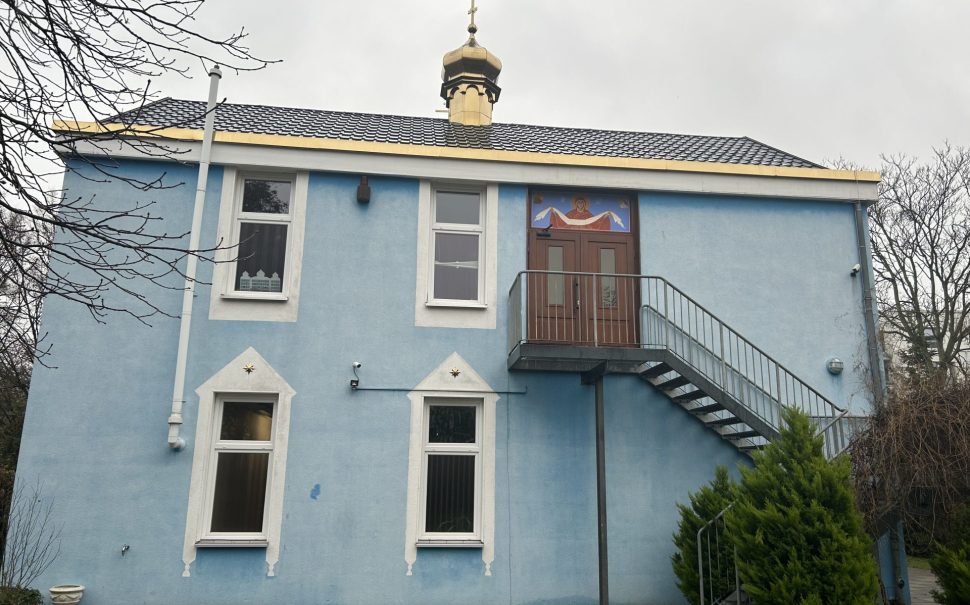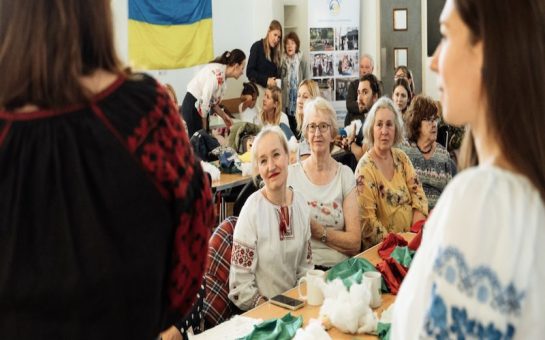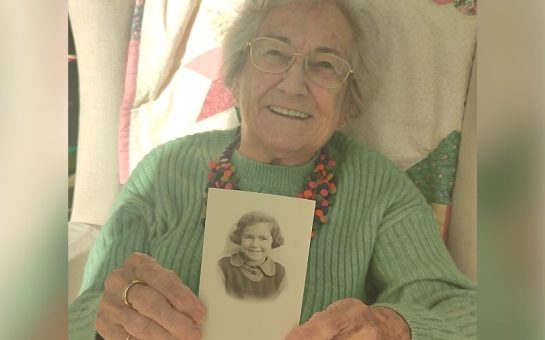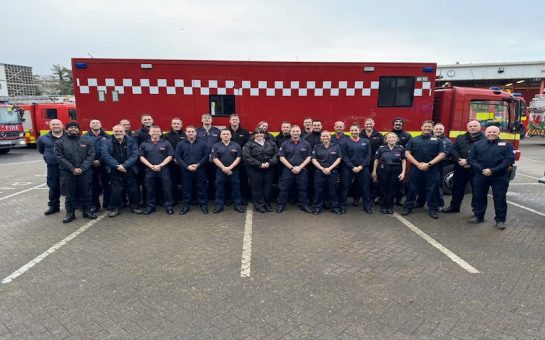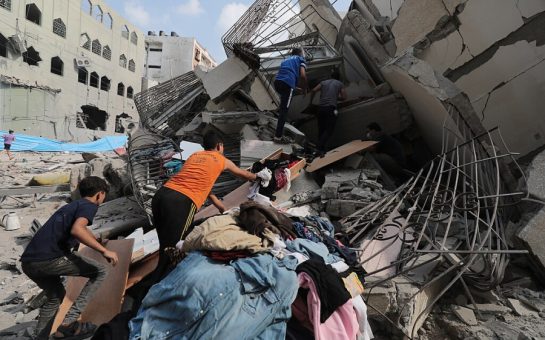In an unassuming gold and blue building in west Berlin, Ukrainians and Russians have reached a temporary reconciliation.
Valuing religion above politics, Orthodox Christians of both nations kneeled in prayer in front of garland-covered icons of St Nicholas to celebrate the day of the patron saint of children.
Where once the Ukrainian and Russian church occupied a unified space of orthodoxy, Russia’s invasion in February 2022 has cast a dark shadow on their historic tie.
Kyiv has ruled that the Ukrainian Orthodox Church of the Moscow Patriarchate (UOC-MP), a branch of the Russian Orthodox Church (ROC), is canonically linked to Russia, despite the UOC-MP declaring itself as self-governing and independent in May 2022.
Tensions came to a head in October when the Ukrainian parliament approved a law that would ban the church altogether.
Outside of Ukraine, the Russian Orthodox Church “Protection of the Mother of God” in Charlottenburg is regularly attended by refugees who continue to occupy this space.
Oksana, 35, found refuge in the church after she fled Dnipro with her husband and two daughters at the start of the war.
She said: “For Christians it is not important from which state the church is from, it is important that it is Orthodox, but I cannot speak for everyone.”
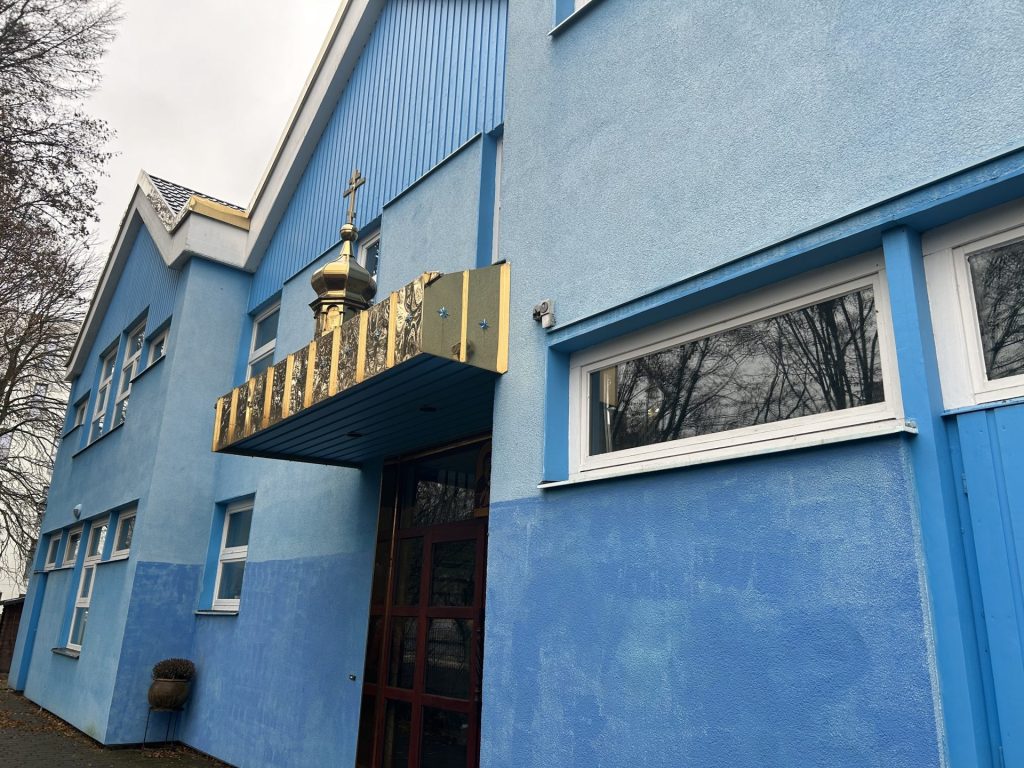
There are Ukrainian Orthodox churches in Berlin, including the Community of St. Andrew the First Apostle of the Orthodox Church of Ukraine, but church-goers argue that it is the “will of God” to decide where they attend.
Oksana, who is now part of the church choir, said: “As Orthodox Christians, everything that happens in your life is as the will of God. God directed me to this temple and I accept it as a gift.”
Traditionally, St Nicholas Day is one of the biggest events on the Julian calendar. Also known as the “Magic Night”, the holiday on 19 December is celebrated with the same reverence as Christmas Day in the west.
However, the half-empty long wooden tables at the post-service celebration pointed to a splintering in the ROC community.
The war has led many Christians to turn their back on the UOC-MP as only 4% of Ukrainians identified with the church in July 2022, down from 18% the year before, the Kyiv International Institute of Sociology found.
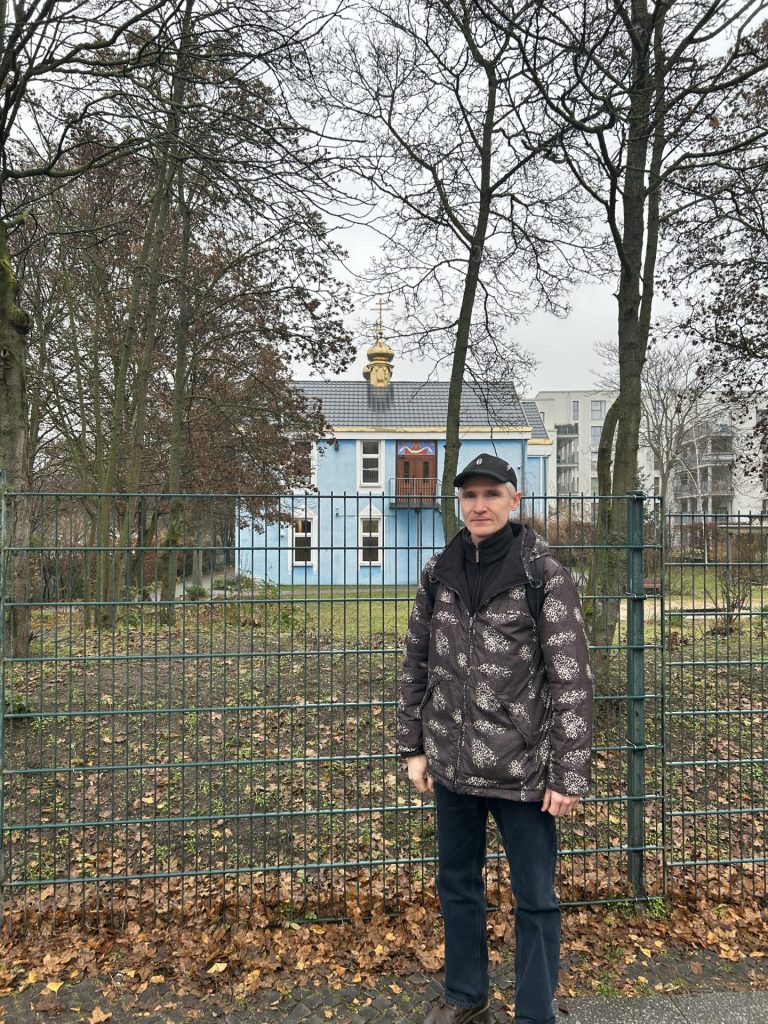
Anatoliy, 50, a refugee from Zaporizhia and a weekly visitor, said he understood why many Christians turned away from the UOC.
He pointed to Metropolitan Pavlo, the church’s second most senior priest, who is suspected of justifying Russian aggression.
He said: “I go to church because the Divine Liturgy is celebrated there. And although I don’t like that some priests do not openly oppose Russian aggression, I should not leave my church because of such priests.
“Not everyone thinks like me. Therefore, many Ukrainians cannot attend a church that is associated with Russia.”
Instead, the majority of Orthodox Ukrainians are a part of the Orthodox Church of Ukraine (OCU), created in 2018 by President Poroshenko in an attempt to sever all religious ties with Russia.
It is the first year that the OCU has celebrated St Nicholas Day on 6 December, the Revised Julian calendar date used by the West, in a further religious alliance.
In rebuttal to Kyiv’s allegation, the UOC-MP has accused them of falsely portraying its Ukrainian clergymen and believers as “agents of the Russian Federation”.
One man, who wishes to remain anonymous for his own safety, said he fled Ukraine to escape the authorities’ crackdown on members of the Ukrainian Orthodox community.
As an Orthodox priest of a hospital in Odesa during the war, he said he anticipated persecution from the authorities.
He added: “I waited every day and every night for the police to arrest me.”
He vehemently denied the church’s sympathy to Moscow and explained that the ROC in Charlottenberg is supporting Ukrainians by sending tinned food and goods to Sviatohirsk Cave Monastery in Donetsk where 400 Ukrainians are taking refuge.
He said: “All Christians want peace in all wars.”
